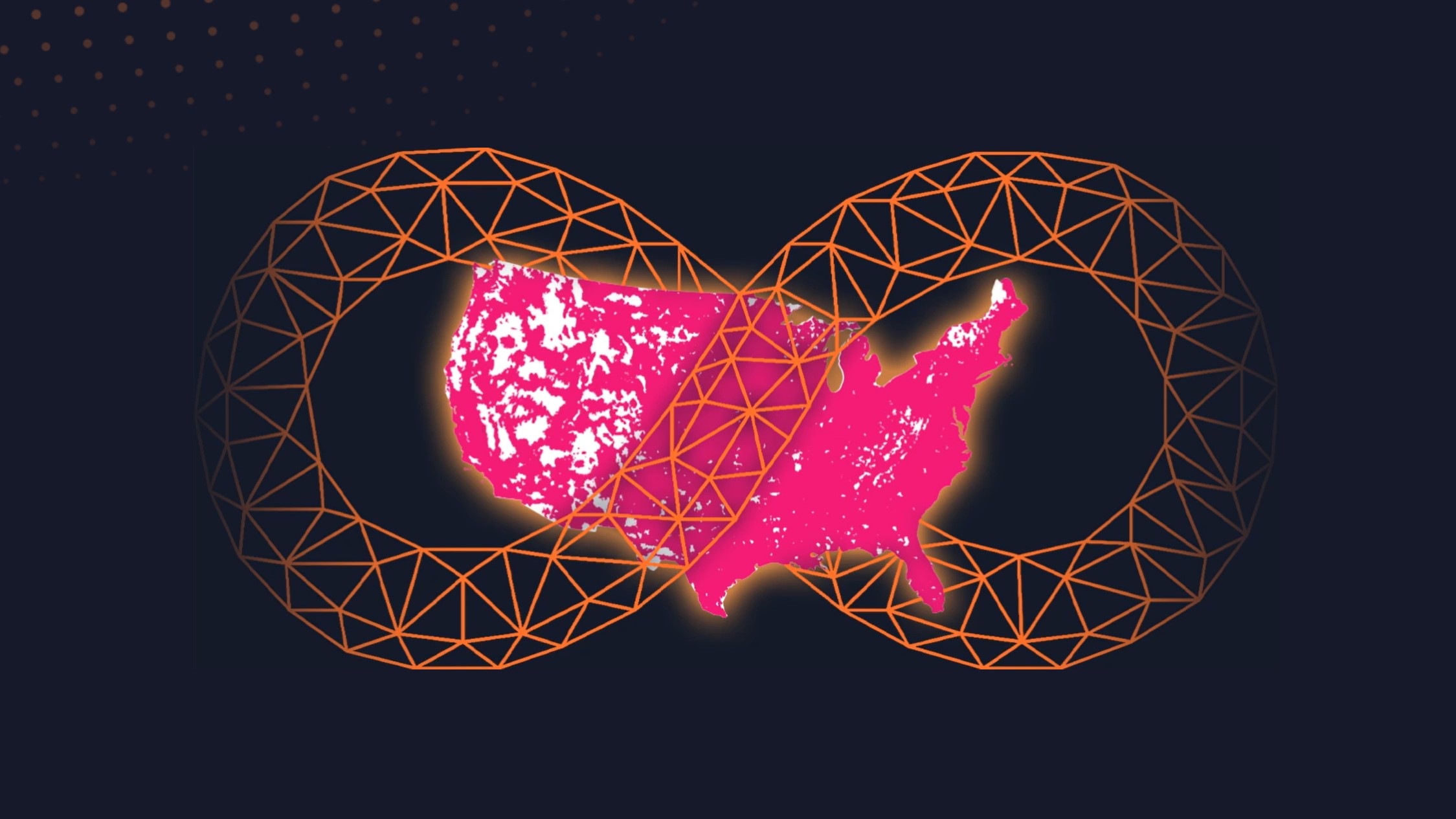Boost Mobile returns as Boost Infinite and it might make your phone plan cheaper
Cheaper 5G by the fall

Sign up for breaking news, reviews, opinion, top tech deals, and more.
You are now subscribed
Your newsletter sign-up was successful
The new Boost Mobile network, called Boost Infinite, will be launching this fall and a source inside the company tells us to expect pricing that is “materially less than the Big 3,” indicating the new network will try to undercut Verizon, AT&T, and T-Mobile.
The company had no official comment on pricing or launch, except to reiterate that an announcement and offering will come in the fall. The upstart network, owned by satellite provider Dish Network, has launched a website to gather information from interested potential customers.
Dish Network acquired the Boost Mobile brand along with some of the network’s wireless spectrum as part of a multilateral deal during the T-Mobile and Sprint merger. As part of the deal, Dish is required to open Boost for new business by “mid-2022.” The network will run on a combination of AT&T and T-Mobile network with a helping of Dish Network’s own wireless spectrum. Dish has demonstrated its network capabilities already in Las Vegas where it operates a 5G network.
The Dish Network version of Boost Mobile has seen a number of setbacks since the project began. Dish always planned on migrating Boost to its new technology, up from the aging network Sprint had been using to run the brand. While this was happening, the new T-Mobile/Sprint shut off the older network earlier than Dish anticipated.
In addition to the new network backbone, Dish has indicated it has a few new ideas on how to sell wireless plans. There have been hints that users who pay monthly for data could be credited in some way for the data they do not end up using. Executives have used terms like “Web 3.0” and “digital currency,” leading our friends at The Verge to conclude that Boost will credit you with cryptocurrency in some way. This seems more like executives throwing out buzzy ideas to drum up publicity, but we will wait and see how the actual plans work.
Analysis: Starved for competition
Besides the excitement of new technology, it will be invigorating for the U.S. market to once again see competition from a fourth wireless carrier. There is little differentiation between the pricing and contract options at American wireless carriers, and pricing across the board is excessive. It's a relief to hear a Dish executive, even discreetly, declare that Dish’s Boost Mobile will be competing on price.
I’m also interested to hear new ideas about how to handle customer pricing and data, even if those ideas seem outlandish for now. Is it silly for a carrier executive to suggest paying subscribers back with cryptocurrency? Well, let me see the crypto first. If Boost wants to sell me an NFT of my next Samsung Galaxy phone, I’ll pass.
Sign up for breaking news, reviews, opinion, top tech deals, and more.
What’s not silly is respecting customers who pay for unlimited data. Right now, when a carrier talks about Unlimited service, they casually leave out the inevitable limitations. On T-Mobile I’m unlimited until I’m not, and then the 5G part of my Samsung Galaxy S21 Ultra 5G becomes useless as T-Mobile throttles me down. It’s refreshing to hear a carrier talk about giving back to unlimited subscribers, instead of taking away.

Starting more than 20 years ago at eTown.com. Philip Berne has written for Engadget, The Verge, PC Mag, Digital Trends, Slashgear, TechRadar, AndroidCentral, and was Editor-in-Chief of the sadly-defunct infoSync. Phil holds an entirely useful M.A. in Cultural Theory from Carnegie Mellon University. He sang in numerous college a cappella groups.
Phil did a stint at Samsung Mobile, leading reviews for the PR team and writing crisis communications until he left in 2017. He worked at an Apple Store near Boston, MA, at the height of iPod popularity. Phil is certified in Google AI Essentials. His passion is the democratizing power of mobile technology. Before AI came along he was totally sure the next big thing would be something we wear on our faces.